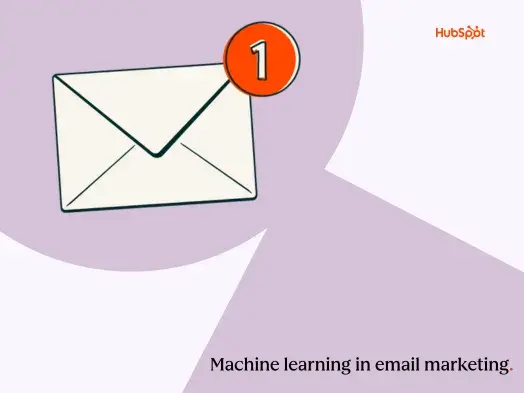What does this mean for the future of user-generated content creators?
The AI Influencers That Had Social Media Buzzing
Here’s the video that started it all.
It’s terrible but I still think it’s wild that this can all be done with AI. Imagine in 6 months… pic.twitter.com/L1ycB3IkAk
— Beck 🎈 (@beckylitv) March 25, 2024
At first glance, everything looks normal. But then, as the video goes on, that uncanny valley feeling starts to creep in.
If you glance at her lips, you’ll notice they’re not fully in sync with her speech. Her facial expressions are also a bit…off.
What you’re seeing is real influencer Ariel Marie, who signed on to be an AI actor with an AI ad agency, promoting products from the brand GetDirty.
Doing so means agreeing to be in ads promoting just about anything – once you’ve agreed to becoming an AI actor, you have no control over which advertisements you’re featured in. Your lips and voice will be manipulated to match the script provided by the user.
The original video went viral on X and was met with mixed reactions, some getting the creeps, some stunned to find out it was AI, and others clever enough to notice it was AI straight away.

Arcads is the company behind this ad, and others like it. On their website, they promise winning ads in seconds for a fraction of the price of regular ads.
It’s a simple 4-step process:
- Write your script (or use one of Arcads’ templates).
- Pick an AI actor from over a hundred options.
- Edit the actor’s voice for speech clarity, style, and speed.
- Wait less than 3 minutes for a ready-to-use video.
Could AI creators be the new UGC creators?
Once GetDirty’s video went viral, its founder Becky Litvintchouk caught some flack online, with many feeling manipulated by the ad.
Litvintchouk responded by saying her company had hired the influencer full time as the new face of the brand.
“We must not mislead people with what’s real and what’s generated by a computer,” she wrote on LinkedIn.

This example brings up several important questions, notably the following: Is the ease of ad production worth the potential damage to your brand?
This year, we’ve seen the “de-influencing” trend grow on TikTok, signaling a shift in the consumer-influencer relationship.
Consumers are a little bit more wary of influencer recommendations and more likely to think twice before clicking on that affiliate link.
With this in mind, most consumers would likely have an adverse reaction to finding out the review they’re watching is completely fabricated.
After all, user-generated content is based on the exact opposite premise.

Personally, all it takes is the word “sponsored” or “ad” next to a review for me to scroll right along.
It's simple - I know the influencer likely won’t be offering their most authentic views on this product or service, as they’ve been paid by the brand.
So, what value is there in AI-generated UGC? For brands, there’s definitely an immediate pay off: Ad creation at scale with low costs and a quick turnaround time.
But once folks start to catch on, that’s when it starts to get dicey.
Like in GetDirty’s case, it has the potential of completely eroding trust in your brand.
So, what’s the alternative? For now, good ol’ fashioned humans may have to do.
While AI creators may have a place in marketing – although it’s not yet clear where that is – the product review/UGC space may not be the best fit.
Artificial Intelligence




![AI email subject lines that drive 3x more revenue and actually convert [+ exclusive insights]](https://53.fs1.hubspotusercontent-na1.net/hubfs/53/ai-email-optimization-1-20251014-4500151-1.webp)






-1-20250905-2237709%202.webp)